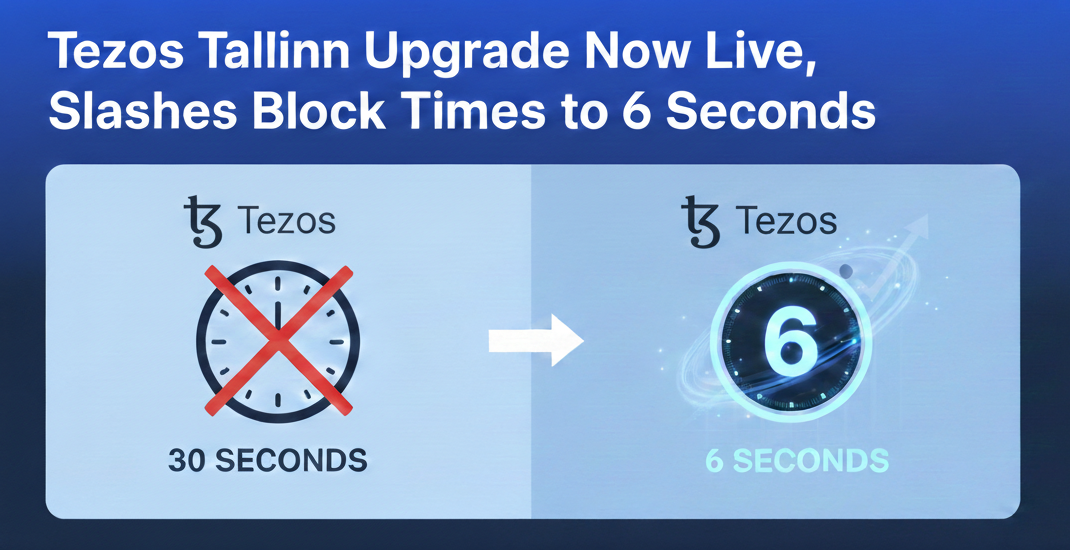Scammers Pounce as Crypto Markets Reach Record Highs

The surge in digital asset prices has provided fertile ground for crypto scammers, with Ripple issuing a stark warning about a wave of fake XRP giveaways and impersonation attacks targeting the crypto community. As Bitcoin, Ether, and XRP reach or approach all-time highs, fraudsters are intensifying their efforts to exploit unsuspecting investors.
Surge in Crypto Scams Mirrors Market Rally
- Record Scam Losses: Losses from crypto-related scams have soared to a historic $2.1 billion in the first six months of 2025, surpassing records from previous years and highlighting the risks that come with bullish crypto markets.
- XRP, Bitcoin, Ether Performance:
- XRP: Recently spiked to $3.66, close to its 2018 high, before retreating to $3.19.
- Bitcoin: Gained over 7% in two weeks, trading above $119,000.
- Ether: Jumped 31% in 14 days, now valued at $3,644 per token.
As prices soar, scammers are quick to exploit the optimism and hype surrounding cryptocurrencies, especially by targeting platforms where crypto communities are most active.
Ripple Raises Alarm Over YouTube Account Scams
Ripple CEO Brad Garlinghouse has urged caution, flagging a growing trend of YouTube accounts hijacked to impersonate Ripple and push fraudulent XRP giveaways. These scams often mimic official channels to gain credibility and trick users into sending tokens.
How the XRP Giveaway Scam Works
- Account Hijacking: Attackers steal credentials, erase existing content, and transform high-subscriber YouTube accounts to look like Ripple’s official channel.
- Fake Giveaways: Scammers promise large XRP airdrops or double-your-money events, asking victims to send crypto in order to participate.
- Impersonation: Videos appear sponsored by Ripple, but the company stresses:
- Ripple and its executives never ask users to send XRP.
- No legitimate giveaways are conducted by Ripple.
Community and Platform Responses
- Ongoing Warnings: The official Ripple X account continues to warn followers, encouraging users to report suspicious activity and stay skeptical of “too-good-to-be-true” offers.
- Past Legal Action: Ripple previously sued YouTube in 2021 for enabling impersonators, ultimately reaching a resolution to work together to battle crypto fraud on the platform.
Phishing, Punycode, and Broader Crypto Scam Tactics
Ripple isn’t alone in being impersonated. Security firm Scam Sniffer recently observed that Google search ads are being weaponized for phishing, with malicious actors using Punycode tricks to spoof the URLs of real crypto companies. Users are lured to fake websites that closely mimic legitimate platforms—further underscoring the need for vigilance.
Common Crypto Scam Tactics
- Spear Phishing: Hackers gain access to a real account, remove existing content, and relaunch the profile as a trusted crypto brand.
- Giveaway Scams: Victims are enticed to transfer funds in exchange for promised returns that never materialize.
- Punycode Spoofing: URLs are manipulated with lookalike characters to deceive users into trusting scam sites.
How to Stay Safe Amid Market Highs
- Verify legitimate accounts: Confirm official channels via Ripple’s website before engaging with any promotions or offers.
- Never send crypto as part of a giveaway: Real companies and executives will not ask for funds to distribute promotional tokens.
- Avoid Google search for crypto links: Instead, bookmark trusted sites directly.
- Report and block suspicious profiles: Help the community by flagging and reporting fraudulent accounts on social platforms.
- Enable two-factor authentication: Protect your crypto logins with added security.
Conclusion
With the cryptocurrency market breaking new ground, the threat of scams is greater than ever. Awareness and vigilance are essential for every trader and enthusiast, especially as fraudsters refine their tactics and actively seek to capitalize on bullish trends in Bitcoin, Ethereum, and XRP.





